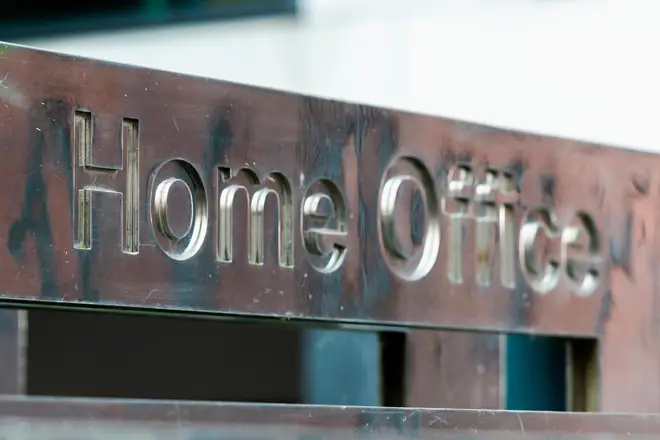
Tom Swarbrick 4pm - 6pm
17 January 2023, 22:06 | Updated: 18 January 2023, 05:22

Home Office staff have reportedly been told to be careful in their use of pronouns when addressing colleagues, and avoid using words such as “homosexuality” and “mate”.
Staff at the department’s homeland security group, which is responsible for counter-terrorism, were given a presentation that advised them on how to address people’s gender identities.
It said some people used “mixed” or “split” pronouns, such as “she and they,” and “he and they” which means both were acceptable and could be used interchangeably.
Others didn't conform to these pronouns, and used “neopronouns” such as “ey”, or “zie”, staff were told.
The Home Office said the material, which was leaked to the Guido Fawkes political blog, had been used as part of an internal event in the department and was not official government guidance.
“People use mixed pronouns for many different reasons — there’s no ‘one size fits all’ for NB [gender nonbinary] people or people that use mixed pronouns," the presentation said, "just as there isn’t for men or women.”
They told that a person’s sex, gender identity and “gender expression” could vary and not correspond.
Included in the presentation was a list of words to avoid using, which included “mate”.
It featured an example of an email in which someone corrected a co-worker when they had used the word.
In the response, the person said: “Sorry for calling you mate.”
Why the word should not be used was not made clear.
Read more: Greta Thunberg detained by police during protests over coal mine at German village
They were also advised not to refer to a person as “homosexual” or use the word “homosexuality”, as it was “generally considered a medical term now” and could “reduce the person to purely sexual terms”.
It added that that “people tend to use gay instead”.
Other terms staff were told not to use included butch, femme, transsexual, sex change, pre-operative and post-operative.
'Transgendered' was also discouraged because it “suggests a condition of some kind”, as well as “transgenderism” as it “suggests an ‘ideology’ that could be argued against”.
It also said staff should avoid “anything that implies being LGBT+ is a choice”, for example “sexual preference” or “gay lifestyle”, or “anything that implies bi people are ‘greedy,’ ‘undecided’ or ‘going through a phase’ ”.
They were encouraged to employ neutral language when other people’s pronouns were not known and to put their own pronouns in email signatures.
“Don’t assume the gender of a person’s partner,” it said. “If you’re not sure, ask. But avoid intimate questions about body parts, sex life, relationships etc.”